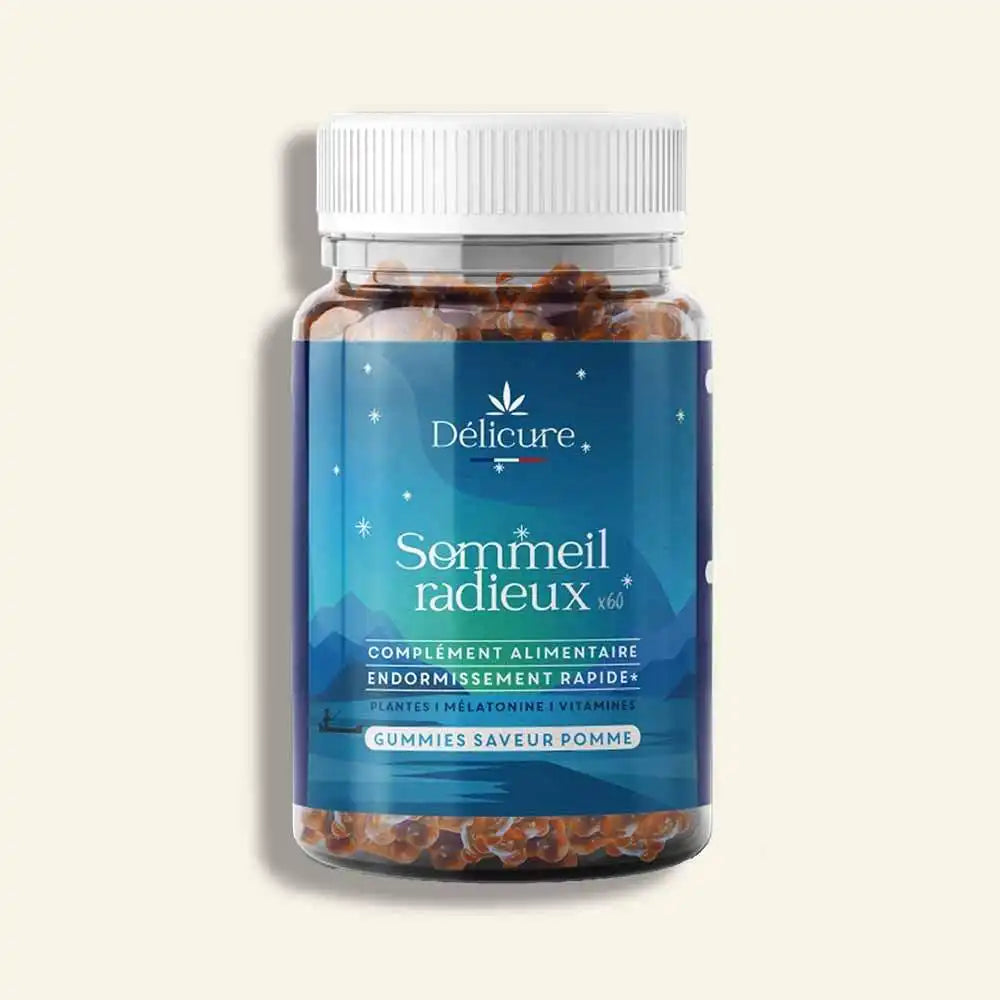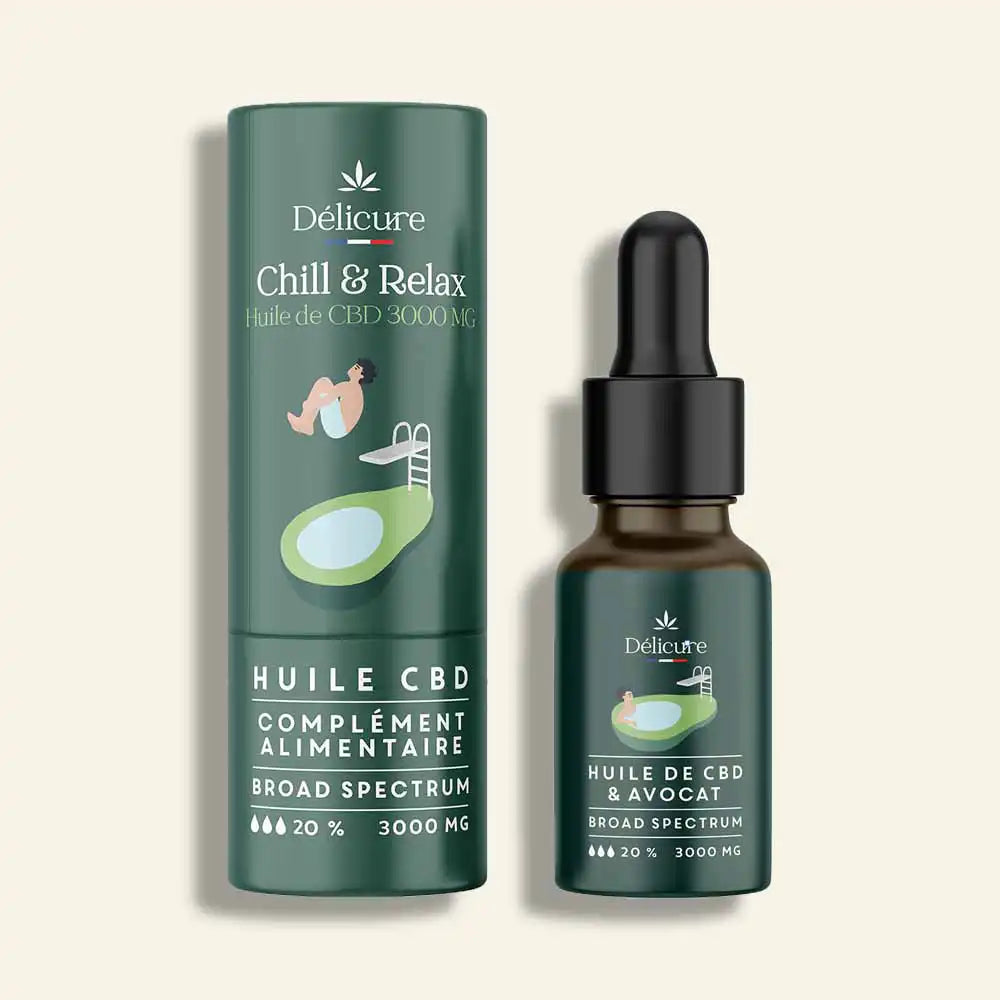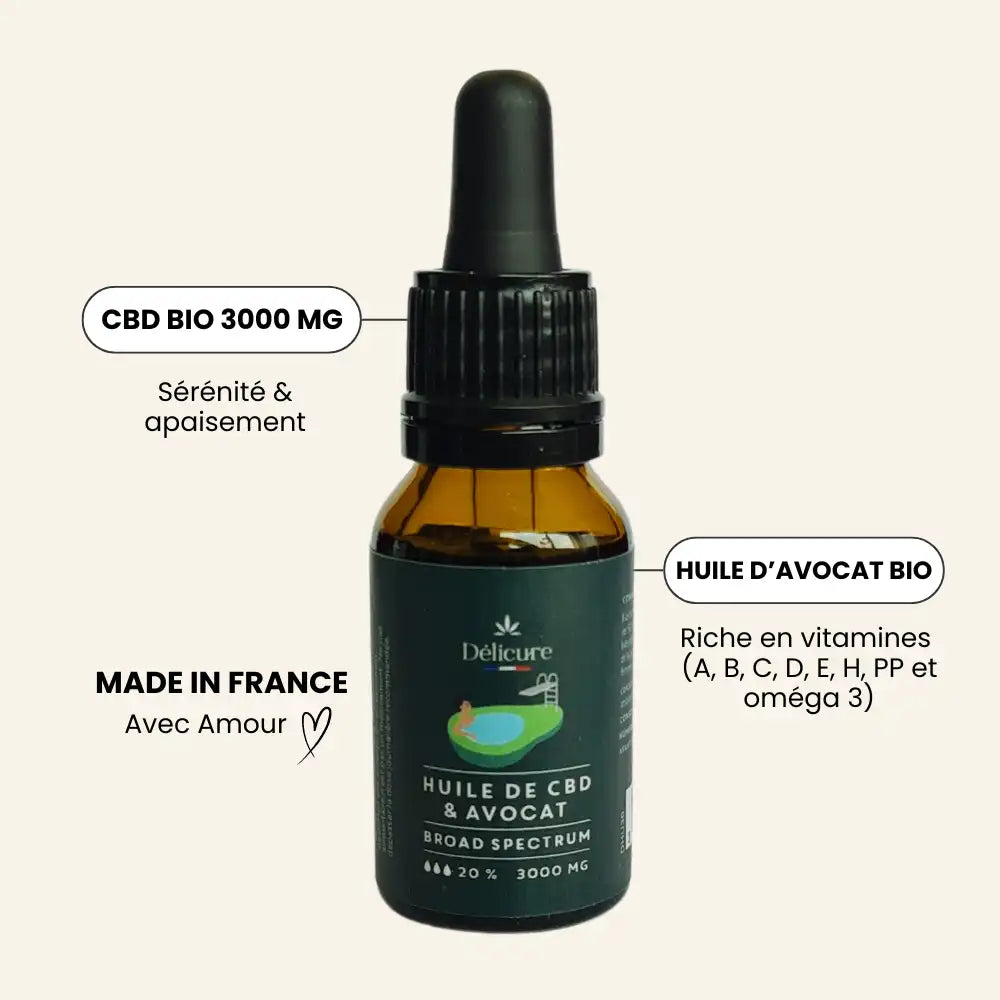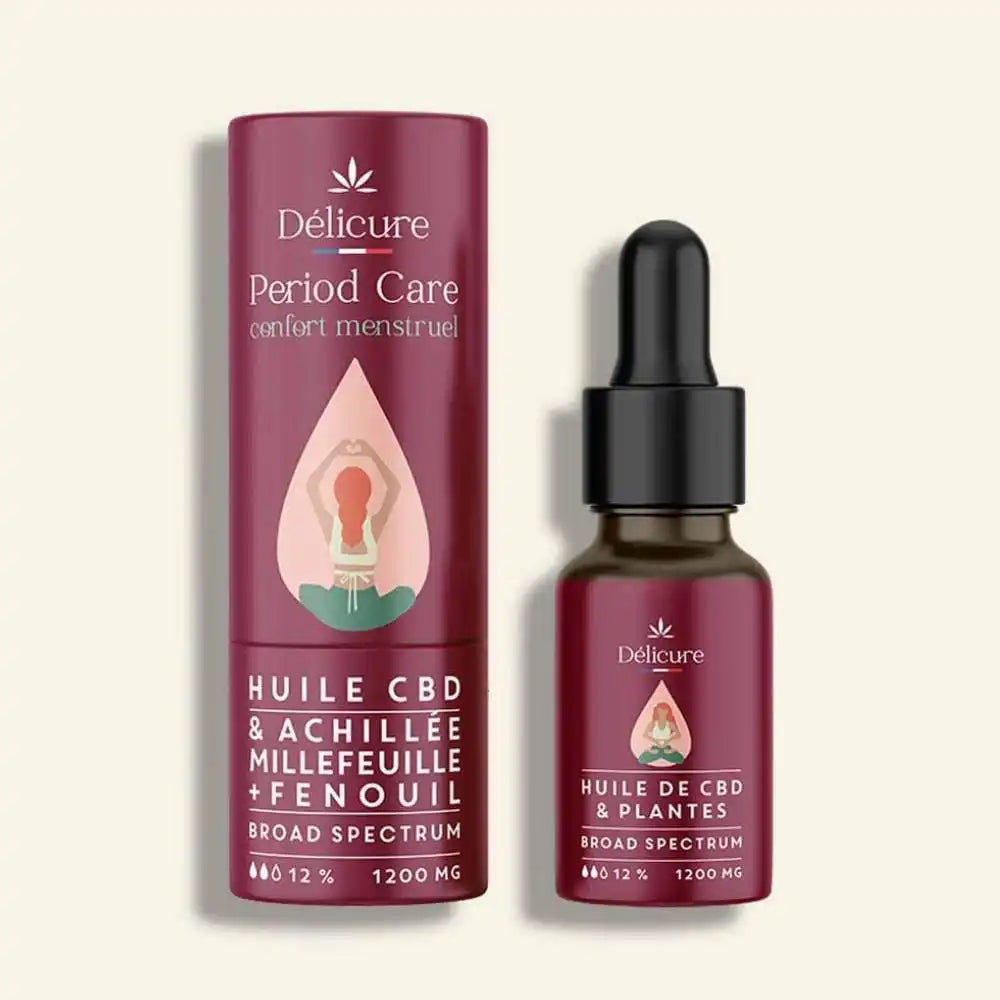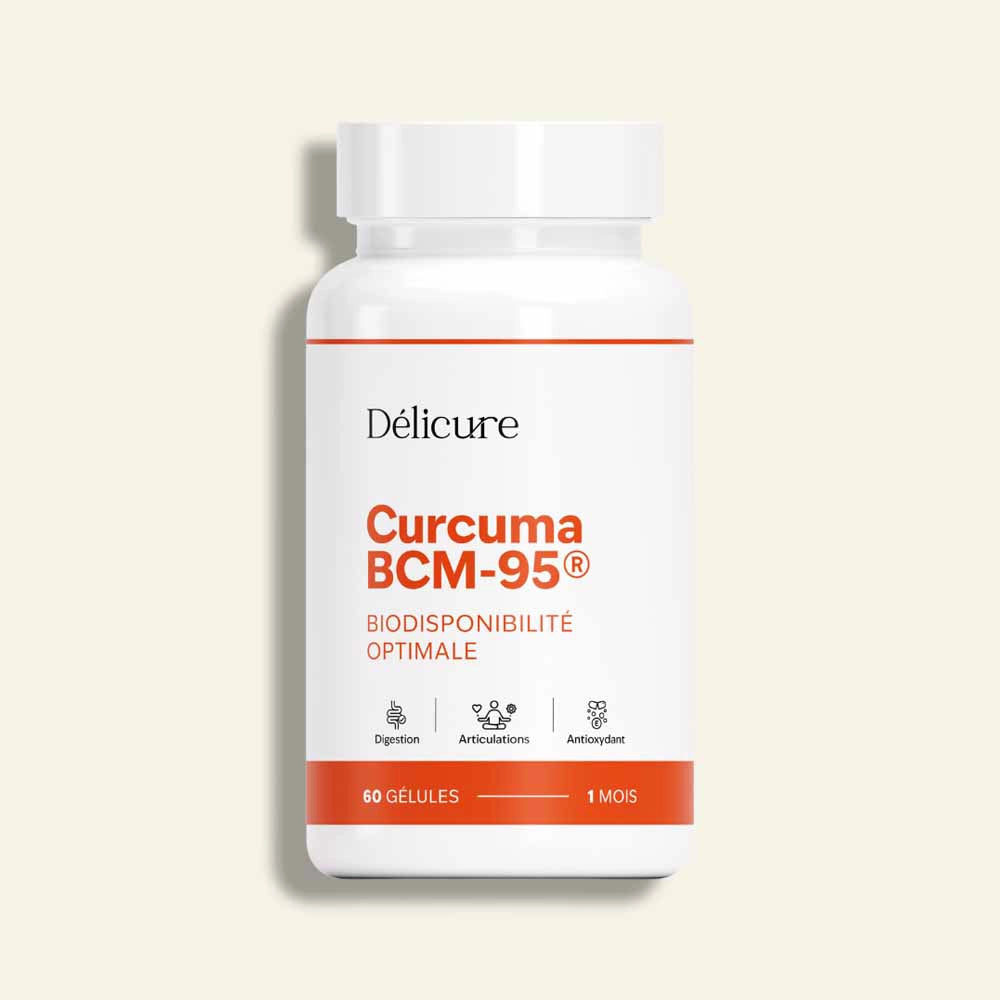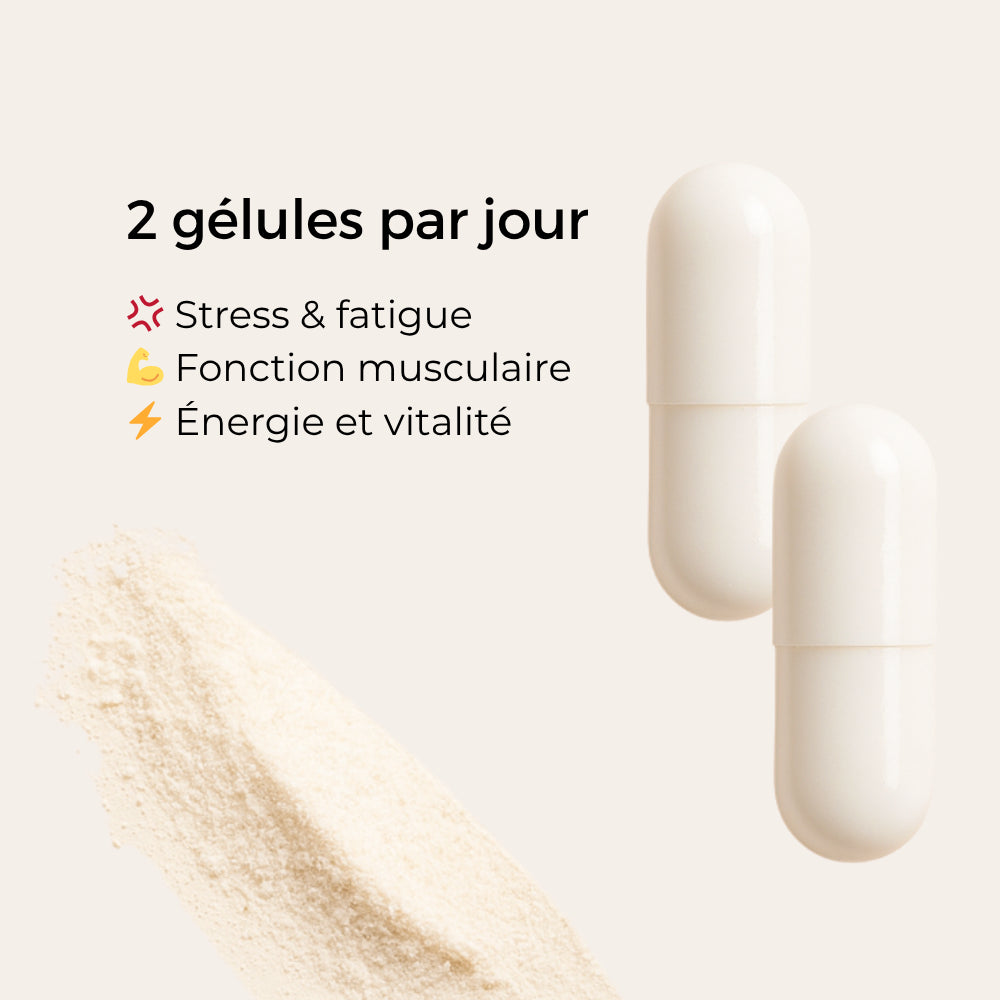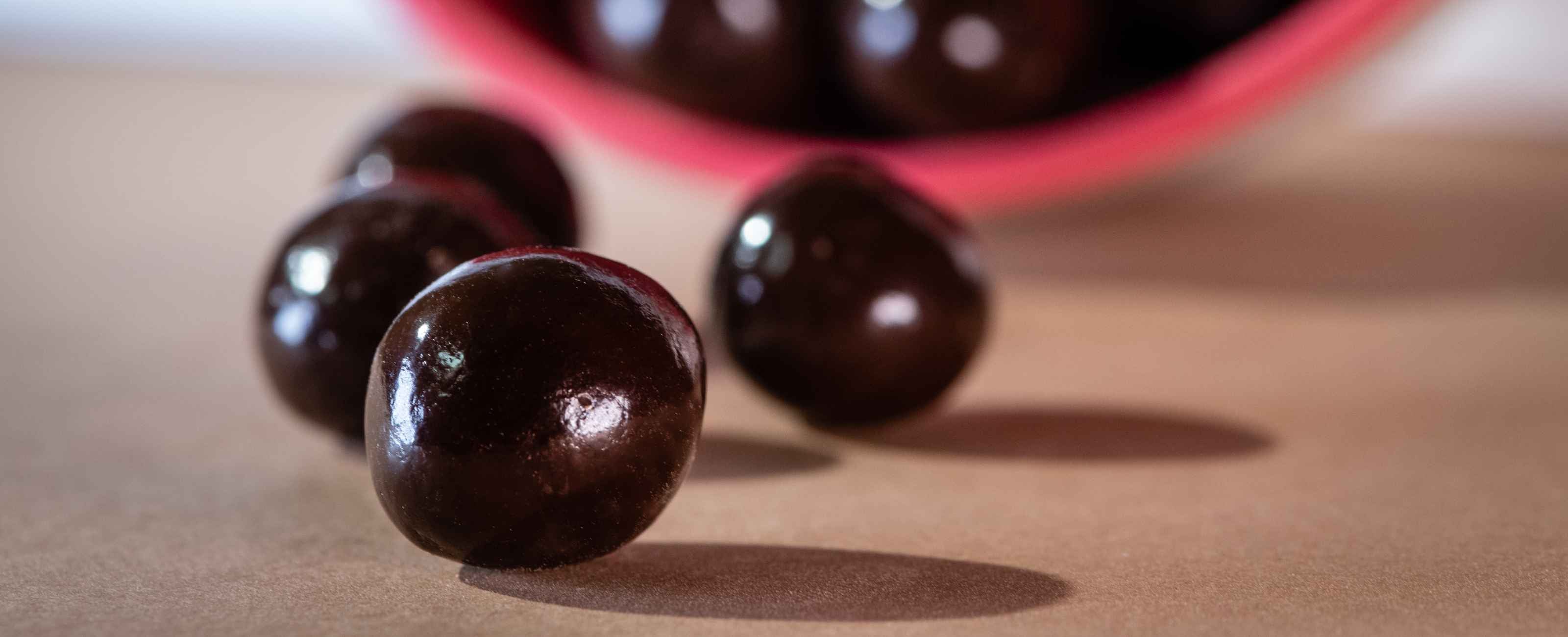
The health benefits of chocolate
In addition to being a real pleasure for the taste buds, chocolate is said to have numerous health benefits.
What is chocolate?
Chocolate is a food made from cocoa paste and sugar, which is obtained by roasting and grinding cocoa beans. The latter come from the cocoa tree and are found precisely in the pods.
During the manufacturing process, these cocoa beans are harvested, dried and then roasted. When the raw material is extracted from the bean, it is crushed and mixed with other ingredients (milk, dried fruits, vanilla, biscuit, etc.), then ends up being molded into different shapes.
What are the different types of chocolate?
The main types of chocolate are:
- Dark chocolate: dark chocolate contains the highest percentage of cocoa, its taste is very often bitter. It is made without milk and with less sugar compared to milk chocolate and white chocolate.
- Milk chocolate: Milk chocolate, on the other hand, is sweeter and creamier. On average, it contains 10% cocoa and 12% milk.
- White chocolate: unlike dark chocolate and milk chocolate, white chocolate does not contain cocoa. It is made from cocoa butter and milk.
What are the health benefits of chocolate?
Eating 20 grams of dark chocolate with at least 70% cocoa daily, or 2 small squares of a bar, provides a very good quantity of antioxidants to the body and proves to be a real health ally.
Ideally, you should choose certified “organic” chocolate, because cocoa bean crops very often resort to pesticide treatments.
Here are the main health benefits of chocolate:
Protect the body from free radicals
Chocolate is one of the foods that contains the most flavonoids. The latter are antioxidants that neutralize free radicals and reduce their harmfulness. They would thus be essential in the prevention of several diseases (cataract, arthritis, cancer, etc.) and the fight against premature aging of cells, according to a study carried out by the British Universities of Exter and Brighton on the process of human aging.
The amount of antioxidants present in cocoa is said to be two to three times higher than that of green tea and wine.
Maintain cardiovascular balance
Dark chocolate is known for its benefits on the cardiovascular system. Indeed, consuming dark chocolate would improve the functioning of the arteries as well as blood circulation.
According to an Australian study published in May 2013 in the British Medical Journal, dark chocolate has the effects, thanks to its high flavonoid content, of preventing bad cholesterol (LDL), reducing blood pressure and improving coagulation and the dilation of blood vessels, thus limiting the risk of heart problems or cardiovascular diseases.
Improve mood and boost morale
Chocolate is a very good source of magnesium because it is rich in cocoa. Magnesium is an essential trace element for the body to fight against fatigue and stress .
Cocoa is also composed of tryptophan, an amino acid which plays a metabolic precursor role for serotonin by participating in its production. Serotonin is a neurotransmitter that helps regulate mood and provide a feeling of calm and well-being. Which would lead us to believe that chocolate acts as an antidepressant*.
* https://inews.co.uk/news/health/eating-dark-chocolate-depression-ucl-study-321057
Finally, the simple act of eating chocolate brings pleasure, satisfaction and comfort, because it promotes the secretion of endorphins by the brain. These have an anxiolytic effect, meaning they soothe anxiety and nerves.
Ensuring the well-being of the intestinal microbiota
In addition, dark chocolate contains a large quantity of fiber, its consumption therefore helps limit constipation by stimulating intestinal transit.
Its polyphenol content also helps strengthen the intestinal mucosa, which is one of the defenses of the immune system.
A 100g bar of dark chocolate with 70% cocoa is rich in fiber. It has approximately 15 grams of fiber, an amount greater than that contained in some vegetables such as zucchini, endive or cucumber.
According to a study* published in the journal The Journal of Nutritional Biochemistry , cocoa, being rich in polyphenols, exerts a beneficial prebiotic effect on the bacteria present in the intestines.
*https://www.sciencedirect.com/science/article/pii/S0955286321002746?via%3Dihub
To maintain a healthy microbiota , consuming chocolate is not enough. You must have a balanced diet rich in fruits and vegetables which will provide a sufficient quantity of fiber to the body. Optionally, it can be combined with a course of probiotics to relieve intestinal disorders.
Stimulate intelligence, memory and learning
A study published in the British journal Nature and carried out by researchers at Columbia University in New York suggests that consuming chocolate would improve memory and learning abilities thanks to its flavonoid content.
Consuming chocolate would also stimulate intelligence, in fact, it would be beneficial for the brain. According to an English study published on November 24, 2020 in the journal Scientific Reports , flavonoids help slow down brain aging by improving its oxygenation and cognitive alertness.
In summary, cocoa could provide health benefits, but we must not forget that chocolate remains a pleasure food rich in sugar and fat.
Délicure Déli'balls: a crunchy chocolate/CBD snack
These crunchy balls are available in dark chocolate, milk chocolate and white chocolate.
--









